Honestly, wild animals might just have life figured out better than we do.
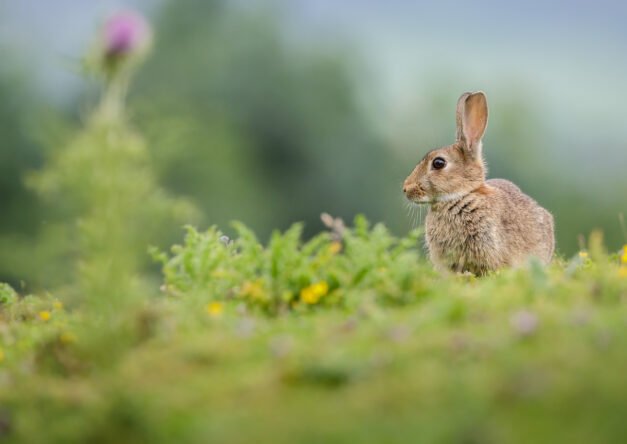
While we’re juggling deadlines, dodging emails, and setting alarms for 6 a.m. workouts we’ll probably snooze through, they’re out here balancing survival with naps, sunbathing, and playtime. It’s easy to joke, but there’s something oddly inspiring about how nature’s creatures move through life. They don’t hustle 24/7, they don’t care about inbox zero, and they definitely don’t compare themselves to influencers on social media. Here are 10 ways wild animals are unintentionally schooling us on how to live better—and maybe even happier.
1. They don’t rush their mornings.
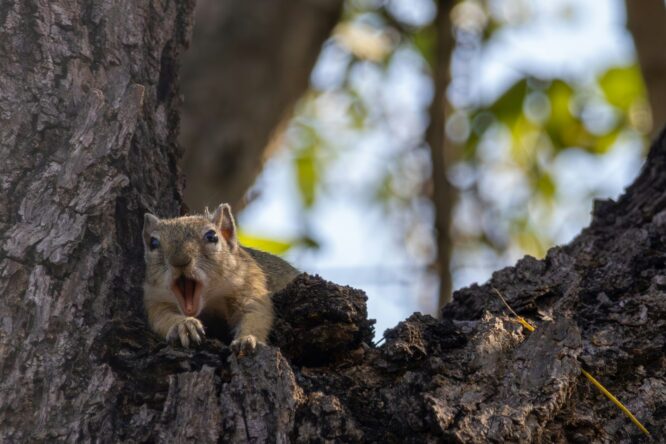
Most wild animals don’t start the day by jolting out of bed to an alarm clock. Instead, they stretch, yawn, and take their time easing into the day. Whether it’s a lion lounging under a tree or a squirrel enjoying a leisurely breakfast of nuts, there’s no panic about missing a meeting.
It’s a reminder that a slower start doesn’t mean you’re lazy; it means you’re setting the tone. While we often sprint straight into stress, animals begin with presence, which might be the key to staying grounded all day long.
2. They rest without guilt.
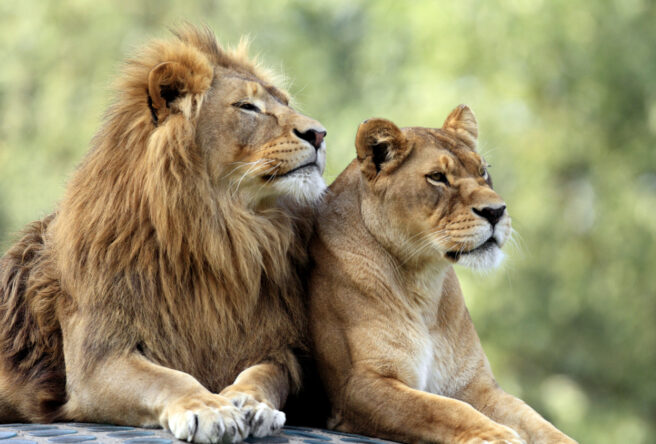
Animals nap often and unapologetically. From koalas clocking in 18 hours of sleep to sea lions floating peacefully in the sun, they rest like it’s their job. There’s no productivity guilt or hustle culture creeping in.
We could all take a cue here. Rest isn’t a luxury, it’s a necessity. These creatures understand the value of recharging—and unlike us, they don’t need to earn it with a to-do list first.
3. They stay fiercely present.

When animals hunt, eat, or play, they’re fully engaged in that moment. You don’t see a dolphin jumping through waves while mentally writing a shopping list or a bear fishing while doomscrolling.
There’s power in presence. While we’re often stuck in our heads, animals are tuned into their senses and environment. It’s a good reminder to slow down and actually experience the moment you’re in—without multitasking it to death.
4. They play just because it’s fun.
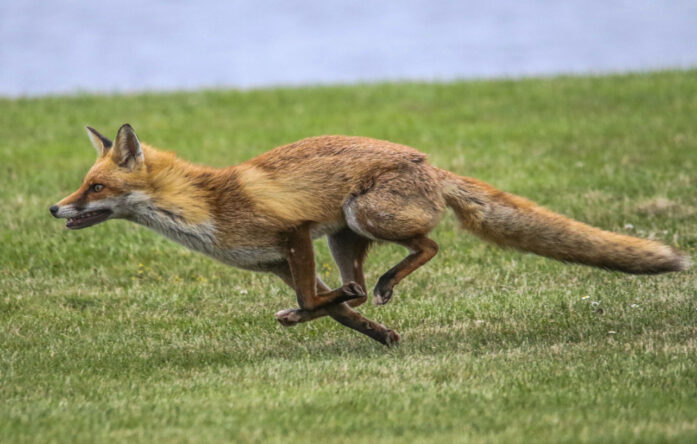
Whether it’s otters sliding on riverbanks or foxes pouncing in snow, animals make time to play. It’s not for fitness, self-improvement, or productivity points; it’s just fun, and they do it often.
Somewhere along the way, we started thinking play was only for kids. However, animals show us that joy, movement, and silliness are all important parts of a balanced life, no matter how grown-up you are.
5. They keep their social circles simple.
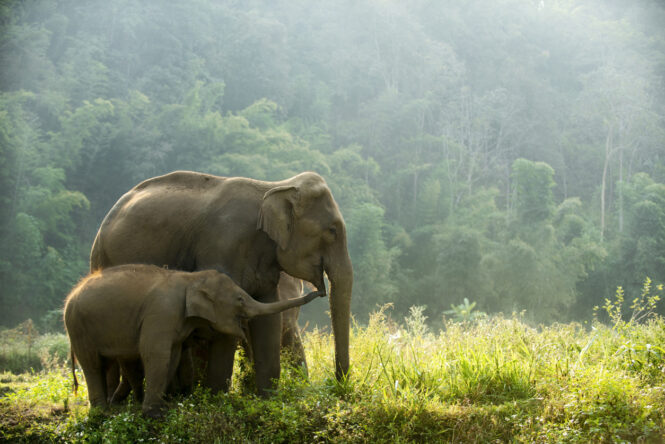
Animals don’t try to maintain dozens of shallow connections. They form strong bonds with a few key members of their group. Elephants, for instance, maintain close, emotionally complex relationships in their herd.
In a world of constant connection and social pressure, there’s comfort in keeping things small and meaningful. Wild animals aren’t chasing popularity; they’re nurturing loyalty. That kind of focus is something we could all use more of.
6. They don’t compare themselves to any other animals.
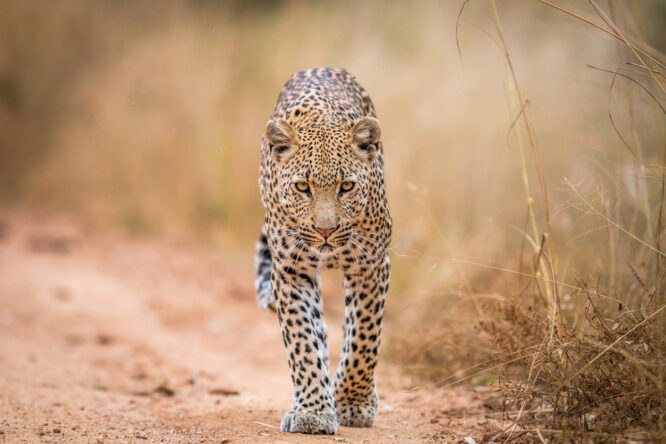
A leopard isn’t stressing over how fast a cheetah can run, and a turtle doesn’t feel less-than because the hare is quicker. In the wild, animals don’t waste time comparing—they just do what they’re built to do.
It’s refreshing, really. We spend so much mental energy measuring ourselves against other people, but animals remind us that being yourself and working with your strengths is more than enough.
7. They spend time in nature because they live there.

This might sound obvious, but animals are always surrounded by trees, water, fresh air, and open skies. We have to schedule “nature time” into our busy lives, but for them, it’s just life.
Spending time outdoors has proven benefits for mental and physical health, yet we often treat it like a luxury. Animals show us that reconnecting with nature isn’t just relaxing—it’s vital for our health.
8. They don’t carry emotional baggage.
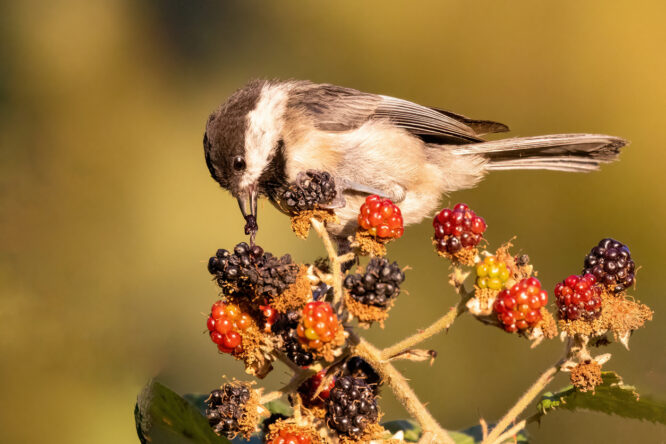
If two birds fight over a perch, they flap it out, settle it, and move on. Animals don’t ruminate, replay arguments, or stew over old wounds. They handle conflict quickly and return to their lives.
We, on the other hand, tend to hold on to everything. Animals remind us that letting go, forgiving, and staying in the present can save a lot of mental energy, and maybe even make us lighter inside.
9. They eat mindfully (most of the time).
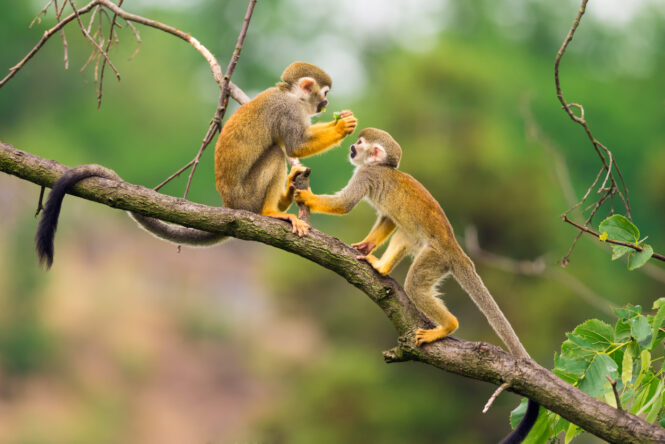
When animals eat, they focus on the food. They don’t snack out of boredom or emotional stress. Sure, they feast when there’s plenty, but they stop when they’re full and move on with their day.
There’s something grounding about eating only when you’re hungry and actually enjoying your meal without distractions. It’s one of those simple habits that can have a surprisingly big impact on health and happiness.
10. They let instinct lead more than overthinking.
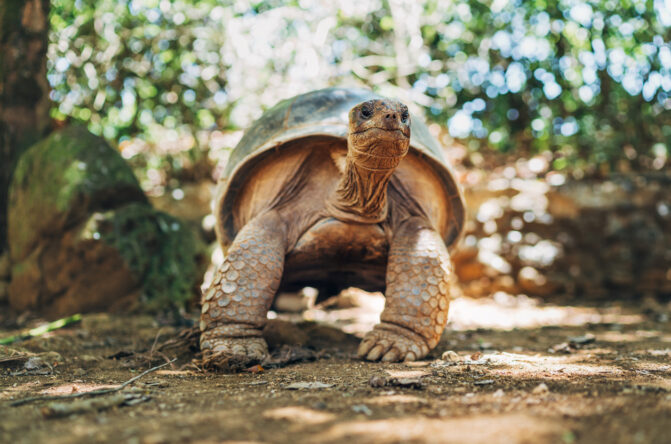
Animals trust their instincts. Whether it’s knowing when to run, where to rest, or which route to take, they don’t waste time second-guessing. They listen to what their body and environment are telling them—and act accordingly.
While humans have the gift of thought, we often overdo it to the point of paralysis. Sometimes, listening to your gut and acting on what feels right—without overanalysing every step—is the best way forward.




